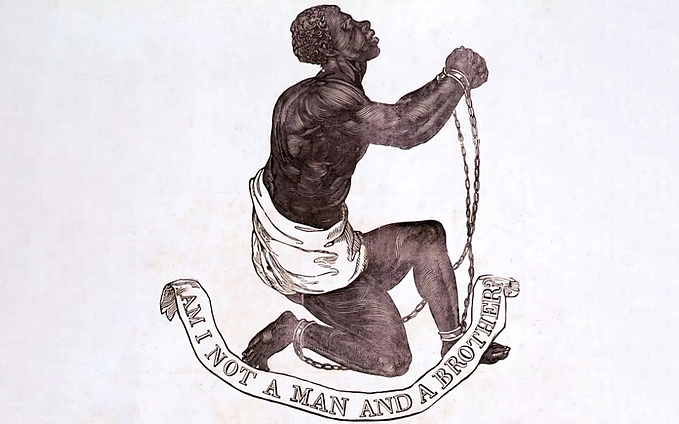Why did it take the Israelites 40 years to make an 11-day journey?
“The 40 year Wilderness wandering” refers to the plight of the Israelites due to their disobedience and unbelief in God. Nearly 3,500 years ago, God delivered His people from Egyptian bondage as described in Exodus, chapters 1–12. They were to take possession of the land God had promised their forefathers, a land “flowing with milk and honey” (Exodus 3:8). Prior to entry, however, they became convinced they could not oust the current inhabitants of the land, even though God told them they could. Their lack of belief in God’s word and promises brought forth the wrath of God. He cursed them with forty years of wilderness wandering until the unbelieving generation died off, never stepping foot in the Promised Land.
A seven-year famine was responsible for God’s chosen people ending up in Egypt. Initially, they flourished under the leadership of Joseph, number two in charge of the country after Pharaoh. “Then a new king, who did not know about Joseph, came to power in Egypt” (Exodus 1:8), and soon, “the Egyptians came to dread the Israelites” (Exodus 1:12). For the next several centuries the Israelites were enslaved by the Egyptians who “worked them ruthlessly” (Exodus 1:13). Eventually, God heard their cries (Exodus 2:23–25) and sent Moses and Aaron to rescue them. After enduring the last of the ten plagues — the death of the firstborn males — Pharaoh finally agreed to release the Israelites.
Upon their arrival at Kadesh Barnea, which bordered the Promised Land of Canaan, they sent out twelve spies to survey the land and its people (Numbers 13:18–25). They returned after forty days of exploration. Ten of the spies had a bad report:
“But the men that went up with him said, We be not able to go up against the people; for they are stronger than we. And they brought up an evil report of the land which they had searched unto the children of Israel, saying, The land, through which we have gone to search it, is a land that eateth up the inhabitants thereof; and all the people that we saw in it are men of a great stature. And there we saw the giants, the sons of Anak, which come of the giants: and we were in our own sight as grasshoppers, and so we were in their sight.”Numbers 13:31–33
Only Joshua and Caleb dissented (Numbers 14:6–7). Believing the report of the ten doubters, the people lost heart and rebelled. “And all the congregation lifted up their voice, and cried; and the people wept that night. And all the children of Israel murmured against Moses and against Aaron: and the whole congregation said unto them, Would God that we had died in the land of Egypt! or would God we had died in this wilderness!” Numbers 14:1–2
“And the Lord said unto Moses, How long will this people provoke me? and how long will it be ere they believe me, for all the signs which I have shewed among them?” Numbers 14:11
However, Moses once again interceded for his people and turned away the wrath of God (Numbers 14:13–20). Although God did forgive them, He decided..“Surely they shall not see the land which I sware unto their fathers, neither shall any of them that provoked me see it:”Numbers 14:23
Rather, they would suffer by wandering in the wilderness for forty years, one year for each of the forty days they explored the land (Numbers 14:34). Furthermore, God would give them what they asked for:
“Say unto them, As truly as I live, saith the Lord, as ye have spoken in mine ears, so will I do to you: Your carcases shall fall in this wilderness; and all that were numbered of you, according to your whole number, from twenty years old and upward which have murmured against me.” Numbers 14:28–29
Additionally, the ten men who had given the bad report were struck down and died of a plague before the Lord (Numbers 14:37). Only Joshua and Caleb survived, the two faithful spies who believed God’s promise to give the land over to them.
God had promised them victory. The land He commanded them to go in and take was already theirs; they simply had to trust and obey, but this they did not do. God will never lead us where His grace cannot provide for us or His power cannot protect us. The Israelites had seen the powerful hand of God at work during the plagues and miracles of the Exodus. Yet, like many people, they walked by sight and not by faith, and their unbelief displeased God. “Without faith it is impossible to please God” (Hebrews 11:6). Their failure to believe in God’s word kept them from entering the Promised Land. This truth has never changed.





